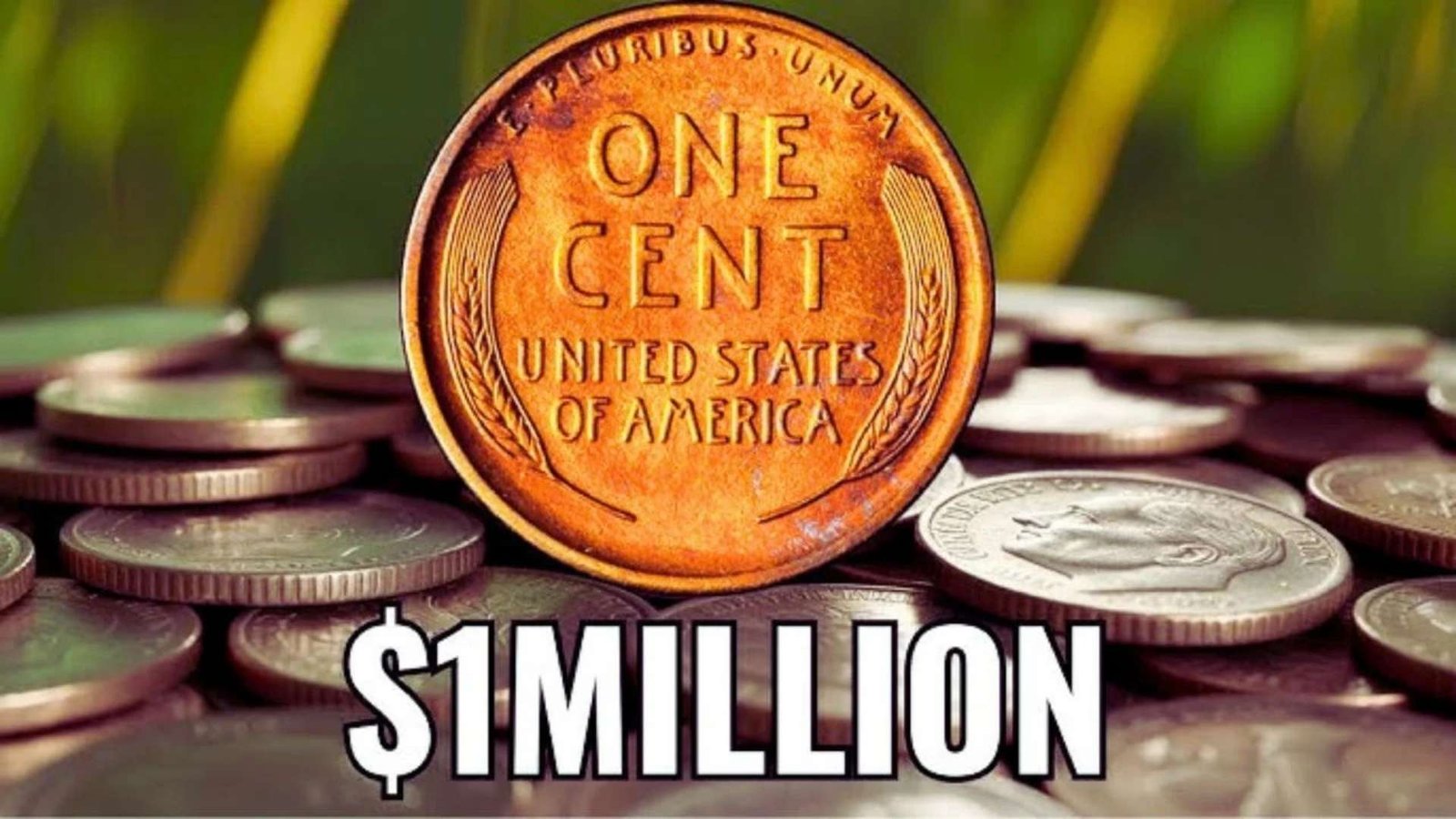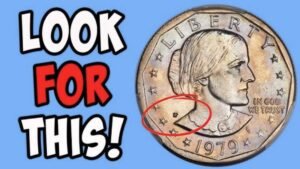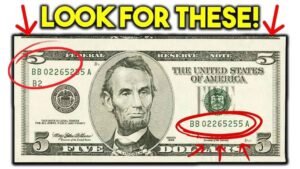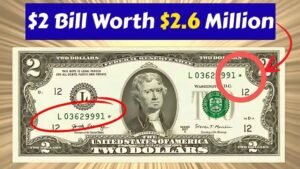Imagine holding a penny in your hand, thinking it’s just another coin — only to discover it’s worth more than a luxury home. Some rare Lincoln Wheat Pennies have sold for $1 million+, and collectors are still hunting for them today. Could your change jar be hiding one?
What Are Lincoln Wheat Pennies?
The Lincoln Wheat Penny was minted from 1909 to 1958, featuring Abraham Lincoln on the front and wheat stalks on the back. While most are common, a few rare errors and low-mintage coins are considered numismatic treasures. These are the pennies that can turn pocket change into a fortune.
The History Behind Wheat Pennies
Introduced in 1909 to celebrate Lincoln’s 100th birthday, the wheat penny was America’s first coin featuring a real person. Designed by Victor D. Brenner, it replaced the Indian Head cent. Over time, war shortages, minting errors, and limited runs created variations — some now worth thousands or even millions.
Key Wheat Pennies and Their Estimated Values
| Year & Mint Mark | Rarity/Feature | Approximate Value |
|---|---|---|
| 1909-S VDB | Low mintage, designer’s initials | $1,000 – $75,000 |
| 1914-D | Scarce Denver issue | $300 – $60,000 |
| 1922 (No D) | Missing mint mark error | $500 – $30,000 |
| 1943 Copper | Wrong metal, ultra-rare | $100,000 – $1.7M |
| 1955 Doubled Die | Famous doubling error | $1,000 – $50,000 |
Why These Pennies Are Valuable Today
The value of rare wheat pennies comes down to scarcity, errors, and condition. A coin that most people overlook might actually be one of the rarest in existence. Collectors will pay huge premiums for coins with historical significance or printing mistakes. That’s why the 1943 Copper Penny sold for over $1.7 million at auction.
How to Tell If You Have a Rare Wheat Penny
- Check the Date and Mint Mark — Look closely at 1909, 1914, 1922, 1943, and 1955.
- Inspect for Errors — Doubling, missing letters, or wrong metals signal rarity.
- Condition Matters — A pristine, uncirculated penny can multiply its value by 10 or more.
Condition Impact on Value
| Condition | Typical Value Range |
|---|---|
| Good (worn) | $50 – $500 |
| Fine | $500 – $5,000 |
| Mint State (uncirculated) | $10,000 – $1M+ |
Fascinating Facts About Wheat Pennies
- The 1943 Copper Penny exists because copper blanks accidentally entered the presses during WWII steel cent production.
- Only a handful of 1922 “No D” pennies exist due to worn dies.
- Some 1955 doubled dies were unknowingly released into circulation and found in cigarette packs.
Expert Tips for Collectors
- Always use magnification when checking dates and errors.
- Store in protective holders to maintain condition.
- Get certified grading from PCGS or NGC before selling.
- Don’t clean coins — it can slash their value.
FAQs
Q: Can I still find rare wheat pennies in circulation?
A: It’s rare, but yes. Some still slip through bank rolls and estate sales.
Q: What’s the most valuable wheat penny?
A: The 1943 Copper Penny, valued at over $1.7 million.
Q: Should I keep or sell a rare penny?
A: If certified and valuable, selling at auction can bring the highest return.
Conclusion: Your Penny Could Be a Fortune
The Lincoln Wheat Penny is proof that small things can hold incredible value. With some worth over $1 million, these coins remind us that history and rarity create treasures hiding in plain sight. Next time you see a wheat penny, look twice — it might just change your life.




